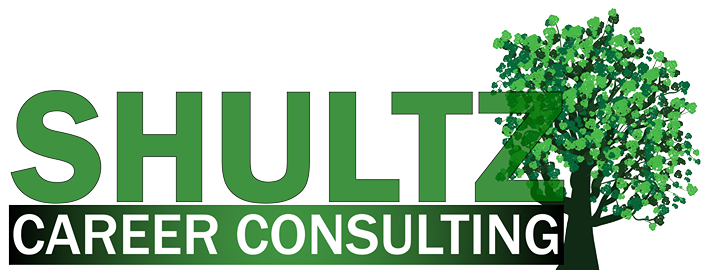Spring is finally here, which means graduation season is right around the corner. Often, this is an exciting time for students. No more tests, no more classes, and no more homework. But what’s next? This feeling can be a bit overwhelming, so many ask, where should I start?
Here are seven things to consider when starting your post-graduation job search and how to prepare to land your first big role.
Define Your Strengths, Interests & Experience
It’s important to have a well-thought-out plan of the types of jobs you would like to target. To do this, it’s best to start by making a list of the classes you did well in, your interests/hobbies, and your employment experience. If you have a limited amount of work experience, you can make a list of what you did to help a team and or help others. Were you active in student organizations? Play any sports? Volunteer?
Research Job Opportunities
Now that you have your list, you can go start researching employers who would value your experience and skill set. You can begin by taking keywords from your list and going to popular online job boards, such as Indeed.com, to see what kind of jobs could be a potential fit.
If you are having a hard time finding jobs that suit your skill set, it might be helpful to hire a professional career coach who can help by having you take a skills inventory assessment. This tool helps new job seekers discover the career paths that would be the best fit.
Tailor Your Cover Letter & Resume
Once you know which type of occupations and industries you want to apply to, it’s time to start tailoring your cover letter and resume. After reading the job posting, you should make a list of the skills and experience you have that align with the duties and qualifications of the job. From there, you can demonstrate that you have many of the important things that the employer is looking for by incorporating keywords from the job posting into the resume.
Your resume should include your name, contact information, professional summary, work experience, education level, technical/computer skills, community service activities (optional), and in some cases, the teamwork/leadership experience you gained in extra circular activities.
Seeking advice from a professional career coach or certified professional resume writer could be helpful with this as well.
Clean Up Your Social Media Accounts
Many employers will research their job applicants online. When they invest in someone, they want that person to be dependable and professional. For this reason, it is best to make sure that they view the best version of you online. It is recommended that you delete old photos, videos, and posts that could compromise your image and set your social media settings to private.
You could also create a LinkedIn account, if you don’t already have one, using a professional headshot and the information in your resume.
Fill Out Job Applications
When your resume and cover letter is ready, it’s time to start applying for jobs. Some of the best resources you can use to find new job opportunities are online job boards, employer career websites, career fairs, and networking.
Networking might be one of the most underutilized tools in the job search process. Not only can you ask friends and family members if they know of any opportunities, but you can reach out to recruiters and hiring managers by connecting with their online platforms, such as LinkedIn. After you fill out your application, you should send a follow-up connection request to hiring professionals working at the companies you are applying to on LinkedIn. This is a great way to stand out among applicants.
Prepare for Job Interviews
While you are filling out job applications it is a good idea to start preparing for your interviews. Despite how confident you might feel, interviewing can be a frightful experience when the interviewer starts to ask questions you weren’t prepared to answer. Because of this, it’s important to read through the job posting and create a list of situations that would allow you to explain how you can successfully perform each of the job duties listed. You’ll also want to come up with specific examples that show that you have all of the skills and qualifications listed in the job posting.
One key thing to remember is that in the interview you want to convince the employer that you can add value to their organization. Have a salesperson mentality and an upbeat attitude. If this sounds a little overwhelming, consider working with a career counselor who can provide interview coaching.
Follow Up with Hiring Professionals
After each interview, it is important to follow up within 24 hours of the interview with a thank you note. This thank you note can be a handwritten thank you card or an email. Thank you notes have become a standard practice and many hiring professionals will choose to pass on a candidate who doesn’t follow through with this important piece of the hiring process.
Conclusion
Starting your new career can be exciting. It’s important to make sure you have the tools you need to get hired in today’s workforce, so this is why it’s important to master each of these steps.
If you would like more guidance in your job search, please feel free to book a free consultation with one of our career coaches. We would be more than happy to provide our expert advice at your convince. Contact us today by phone at (502) 819-5881 or by email at Elizabeth@ShultzCareer.com.



